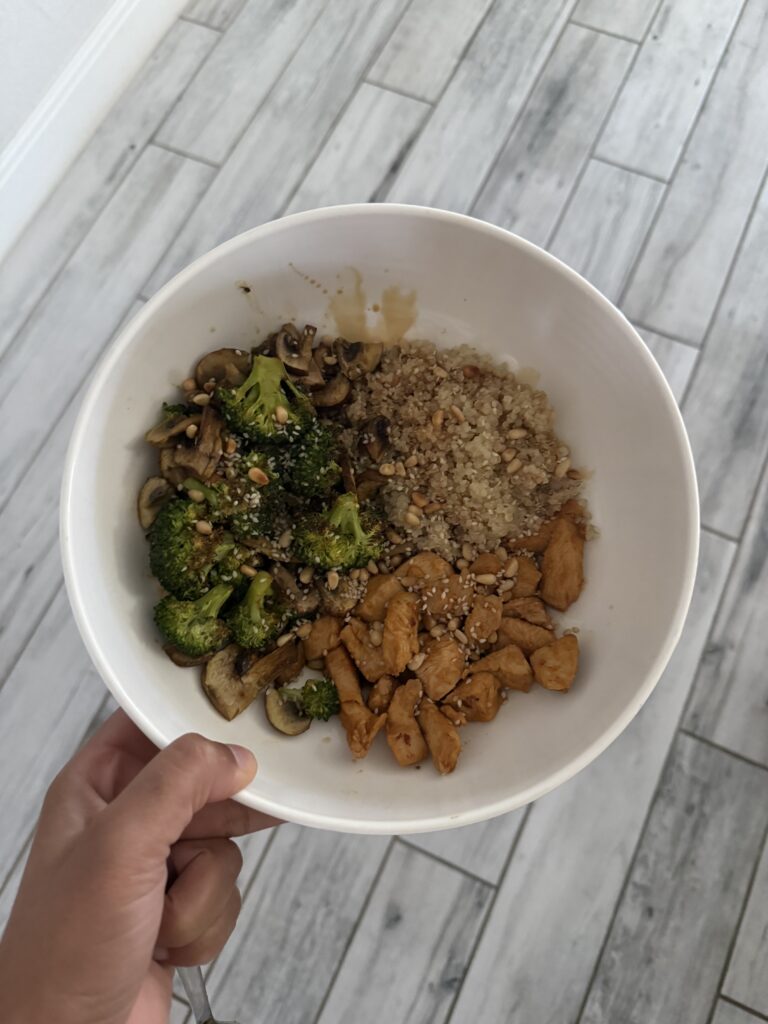When it comes to weight loss, most people focus on cutting calories, increasing protein intake, or engaging in high-intensity workouts. However, one often-overlooked nutrient that can make a significant difference in shedding pounds is fiber. Research, including a Harvard study, has shown that fiber plays a crucial role in weight management, satiety, inflammation reduction, and overall metabolic health.
The Science: Harvard Study on Fiber and Weight Loss
A pivotal study by researchers at Harvard T.H. Chan School of Public Health found that individuals who consumed higher amounts of fiber experienced greater weight loss and better metabolic health than those on low-fiber diets. The study emphasized that fiber not only aids digestion but also slows the absorption of sugars, leading to better blood sugar control and reduced cravings.
Additionally, the research highlighted that fiber-rich diets help regulate the gut microbiome, promoting beneficial bacteria that support fat metabolism and decrease inflammation—two key factors in long-term weight management.

How Fiber Supports Weight Loss
1. Increases Satiety and Reduces Cravings
Fiber-rich foods take longer to digest, keeping you full for longer and preventing unnecessary snacking. Soluble fiber, found in foods like oats, legumes, and flaxseeds, forms a gel-like substance in the stomach, slowing digestion and promoting satiety.
2. Regulates Blood Sugar and Reduces Fat Storage
High-fiber foods slow down carbohydrate digestion and absorption, preventing blood sugar spikes that can lead to fat storage and increased appetite. This is especially beneficial for individuals struggling with insulin resistance or prediabetes.
3. Reduces Inflammation and Supports Gut Health
A lesser-known benefit of fiber is its role in reducing inflammation. Chronic inflammation is linked to obesity, metabolic disorders, and difficulty in losing weight. Fiber feeds gut bacteria, producing short-chain fatty acids (SCFAs) that reduce systemic inflammation and improve overall metabolic function.
4. Boosts Fat Loss and Enhances Digestion
Studies show that fiber can help with fat excretion by binding to dietary fats and cholesterol, preventing their absorption. Additionally, a high-fiber diet promotes regular bowel movements, reducing bloating and digestive discomfort.
Best Fiber-Rich Foods for Weight Loss
To maximize the benefits of fiber, include a variety of high-fiber foods in your daily meals:
- Oats (4g per ½ cup) – Great for breakfast and keeping you full
- Chia Seeds (10g per 2 tbsp) – High in soluble fiber and great for digestion
- Lentils (15g per cup) – A powerful plant-based protein and fiber combo
- Berries (8g per cup) – Loaded with antioxidants and fiber
- Avocados (10g per fruit) – Healthy fats plus fiber for satiety
- Vegetables (3-5g per cup) – Leafy greens, broccoli, and carrots are excellent choices
How to Increase Fiber Intake Without Discomfort
Increasing fiber intake too quickly can lead to bloating and digestive discomfort. Follow these tips to graduallyincorporate more fiber into your diet:
- Start Slow – Add fiber-rich foods gradually to allow your gut to adjust.
- Drink More Water – Fiber absorbs water, so staying hydrated helps digestion.
- Diversify Your Sources – Include a mix of soluble and insoluble fiber for balanced benefits.
- Monitor Your Body – Pay attention to how your body responds and adjust accordingly.

Final Thoughts
If you’re looking to lose weight sustainably, fiber should be a key part of your nutrition strategy. The Harvard study and numerous other research findings highlight how fiber enhances satiety, regulates blood sugar, reduces inflammation, and supports gut health—all essential factors for effective weight loss.
By making small adjustments to increase fiber intake through whole foods, you can enjoy long-term weight management and better overall health.
Ready to boost your fiber intake? Let me know your favorite fiber-rich meals in the comments below!







Leave a Reply